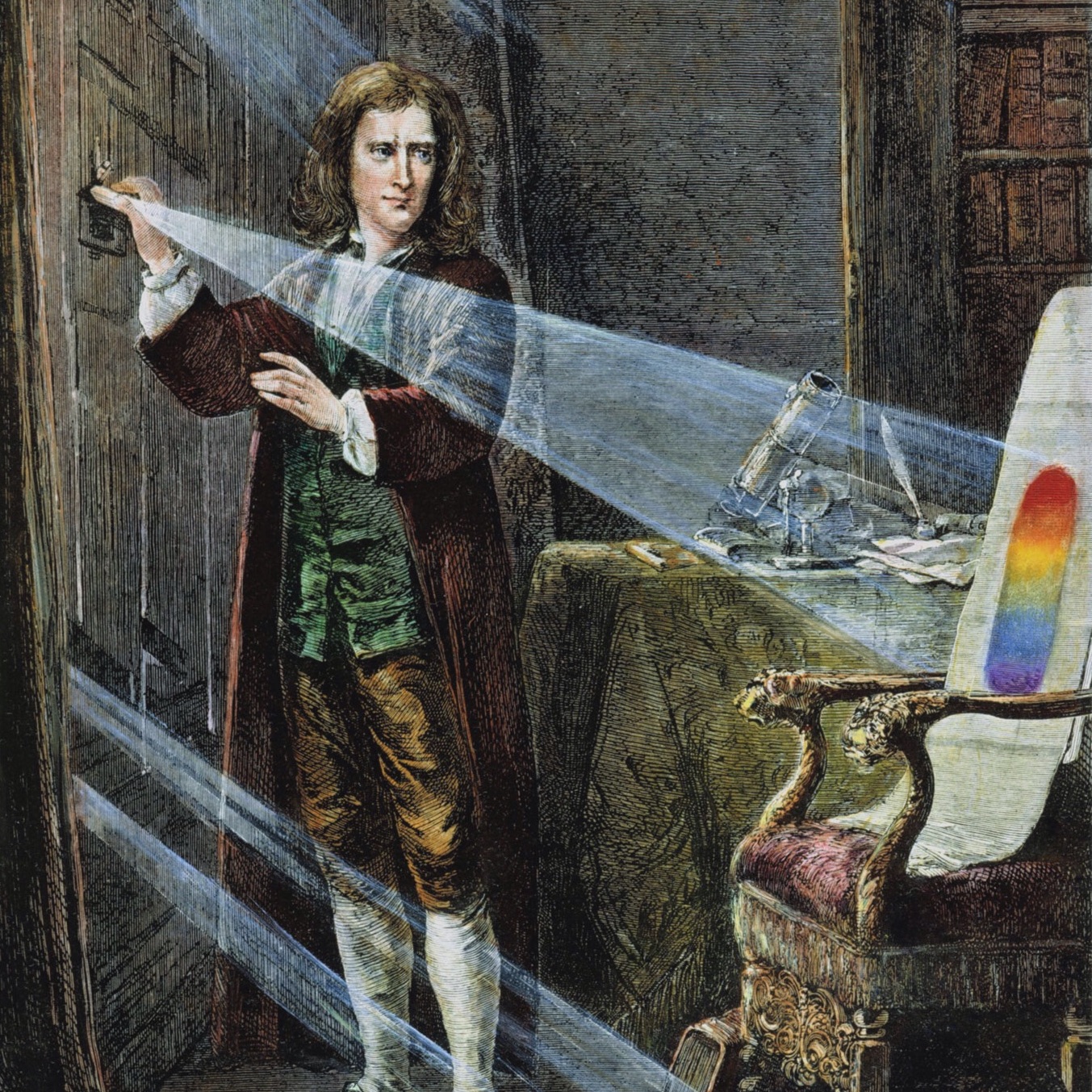Our Blog
IF I HAD TAUGHT DAVE RUBIN MATH
In his discussion of education with Michaela Community School headmistress Katharine Birbalsingh, Dave Rubin recalled the story of a painful experience he suffered in junior high math. He was given a division assignment, which he completed (getting all the answers right) by doing the problems in his head. His reward was a zero, and that ever-dreaded refrain of math teachers: “You have to show your work.”
Recently, one of the themes of discussion at VanDamme Academy has been “trajectories of growth.” We continually have to remind our students, our parents, and most importantly, ourselves that what matters is an overall pattern of growth rather than an absolute standard of achievement in any particular area.
I am normally a fan of field guides. I think every library should have observational guides to the birds, insects, and rocks of our world. Unfortunately, whenever they try to aim themselves at children and to be “educational,” they often end up diluting their value as a catalog with explanatory gibberish.
Years ago, I accompanied an 8th-grade student I had homeschooled as she visited prospective high schools. At one school, the director of admissions welcomed us and then proceeded to assault my student with the information that entry to college had become highly competitive, and she must therefore chart the right course through the right high school to stand even a chance of admission to the better colleges.
Several years ago, I taught Pygmalion, by George Bernard Shaw, to a class of junior high students. Pygmalion is the story of a lowly flower girl who is invited into the home of a brilliant phonetician after he makes a bet that he can teach her the elegance and speech of a proper English lady and pass her off as a duchess at a garden party.
In my recent research of and visits to high schools, I have learned of the emergence of a new educational trend: student-led classrooms. The teacher, according to this theory, should act as “a guide on the side, not a sage on the stage,” simply facilitating, managing, and directing the students’ own work and discussions. But many of today’s schools are taking this still further...
I love the novel Shane, by Jack Schaefer. That it has not made it among the canon of literary works for junior high and high school students is a travesty. Its charming story of a boy’s worship for his hero, its moving depiction of a steadfast friendship, its portrayal of men of unsullied, resolute, strong-willed character, make it a literary masterpiece ideal for young women and men.
WHY READ?
One of my favorite days of every year in 7th grade literature is the day I teach the “mob” scene in To Kill a Mockingbird. In this scene, a mob has gathered outside the jailhouse, ready to take the law into their own hands and lynch the man being held there. And all that stands in their way is Atticus, the man’s feeble, old lawyer, who knows they are coming, and will do the little that is in his power to stop them.
SCHOOL’S MAY BE CESSPOOLS — BUT DON’T THROW THE EDUCATION OUT WITH THE BATHWATER
I am appalled by the state of American education. I am appalled not primarily by the crowded classrooms, decrepit buildings, unmotivated, unionized teachers, severed arts programs, drugs, violence, or many-children-left-behind, but by that which should be the central, fundamental, defining element of any school – the education.
THE KEY OF LIGHT
My favorite quote of the week, perhaps even of the year, came from an eighth grade student.
“I feel like a terrible person.”
That demands explanation.
We had just completed Victor Hugo’s epic novel Ninety-Three, which happens to be the novel from which the title of this blog was derived. One of its primary characters, Cimourdain, is an ardent Revolutionary.
Read more →
LITERATURE, IDENTITY, AND SELF-WORTH
The following is a thank you letter written to me by an 8th grader graduating from VanDamme Academy after having attended the school for two years. In Why Read? I explain my goal in teaching literature. It is gratifying to know how deeply this student understood.
AN INTERVIEW WITH MISS VANDAMME
This is an interview conducted with Miss VanDamme just two years after she founded VanDamme Academy.
THE POVERTY OF POLITICAL DISCUSSION EXPLAINED, IN ONE LESSON
“What was considered a good education 50 years ago…is no longer enough for success in college, career, and citizenship in the 21st century.” So says the National Education Association. Their interviews with “leaders of all kinds” yielded the now omnipresent wisdom that the most important skills for K-12 education are the 4 C’s: Critical thinking, Communication, Collaboration, and Creativity.
GOOD: AN ANTIDOTE TO OVERPARENTING
A few years ago, I met up with a friend at a coffee shop in San Diego. My friend was a lieutenant commander in the navy who had served as a member of a SEAL team in Iraq. But right now, we were just two pals chit-chatting over coffee. At one point in our conversation, I started complaining about some trivial inconvenience.
TEACHING SCIENCE INDUCTIVELY- PART I
We gain knowledge by an inductive discovery process. Whether we consider the scientific genius who first made a discovery, or the student who is learning about it, the process is essentially the same. It begins with observations and low-level concepts, and moves by means of experiment and mathematics to higher-level concepts, generalizations and theories...
TEACHING SCIENCE INDUCTIVELY- PART 2
We gain knowledge by an inductive discovery process. Whether we consider the scientific genius who first made a discovery, or the student who is learning about it, the process is essentially the same. It begins with observations and low-level concepts, and moves by means of experiment and mathematics to higher-level concepts, generalizations and theories...

























